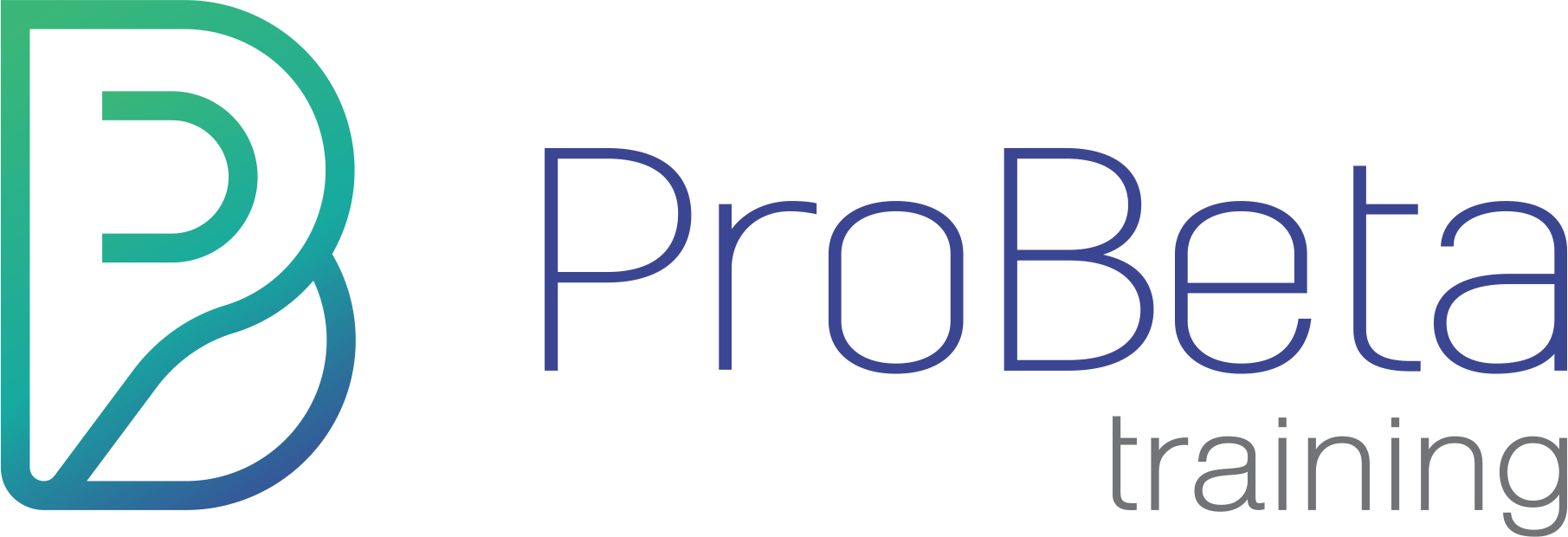|
The general public demand that professional accountants maintain a high ethical standard in order to maintain public confidence in the accountancy profession. Because of these high expectations, we have a well-structured code of ethics in place. The Code of Ethics and Conduct (the Code) is binding on all members of the accounting profession, and any partner (or director) in a practice. However, it is also binding on the staff of such a practice, regardless of whether or not they are members of a professional body
Accounting professionals must avoid actions or situations which are inconsistent with their professional obligations. A professional accountant has an obligation to evaluate any threats to compliance with the fundamental principles when the professional accountant knows, or could reasonably be expected to know, of circumstances or relationships that may compromise compliance with the fundamental principles.
Other than clearly insignificant threats, a professional accountant should apply safeguards to either eliminate or reduce the threat to an acceptable level so that the fundamental principles are not compromised
Furthermore, the independence auditors and independent reviewers are crucial to build the trust of shareholders, regulators and other stakeholders in financial information which is subject to an assurance or review engagement.
In South Africa, the independent audit and review is regulated by legislation, predominantly the Companies Act, 2008, International standards on auditing and independent reviews, and the Code of Ethics for Professional Accountants.
The new Quality Control and Ethics Manual has been developed in response to requests from many firms for assistance with implementing their ethical and independence policies. Policies have been designed to address the independence requirements for the audits of Public Interest Entities, statutory audits in terms of the companies Act, voluntary audits and independent reviews.
The manual also includes a conceptual explanation of the firm's approach to independence, guidelines on the application of the approach, as well as the application of specific principles and procedures by the firm. Explanations and examples of specific situations as well as safeguards to eliminate or reduce threats to a firm's ethics and independence are provided.
More specifically, the manual contains the following:
• Part 1: Guidance for adapting this manual for smaller firms
• Part 2: Guidance on how to establish a system of quality control
• Part 3: Assigning responsibilities for the implementation of a system of quality control
• Part 4: General ethical and independence requirements applicable to all accounting practices.
• Part 5: Policies and procedures for the acceptance and continuance of client relationships
• Part 6: Human resources policies and procedures
• Part 7: Policies and procedures addressing engagement performance
• Part 8: Monitoring the system of quality control
• Part 9: Complying with the professional code of conduct regarding ethics and independence
• Part 10: Independence requirements for audit and review requirements other than Public Interest Entities
• Part 11: Independence requirements for audit clients who require statutory audits in terms of the of the Companies Act 71 of 2008
• Part 12: Independence requirements for independent reviews
• Part 13: Independence requirements for audit clients that are Public Interest Entities
• Part 14: Responding to Non-Compliance with Laws and Regulations
• Part 15: Reportable irregularities
• Part 16: Tax practice
• Part 17: Definitions
• Part 18: 42 Annexures are included in this section
The effective implementation of the manual will assist the firm in maintaining its perceived and actual ethics and independence obligations.
For your convenience, this manual is provided to you in electronic format for easy access and reference by way of an interactive index. All specimen documentation is therefore in electronic format for tailoring and filing.
We strongly recommend that you ensure that the manual is tailored to your firm’s requirements, to train your staff on the relevant details and implement this manual within the firm.
Release date: September 2017
|

